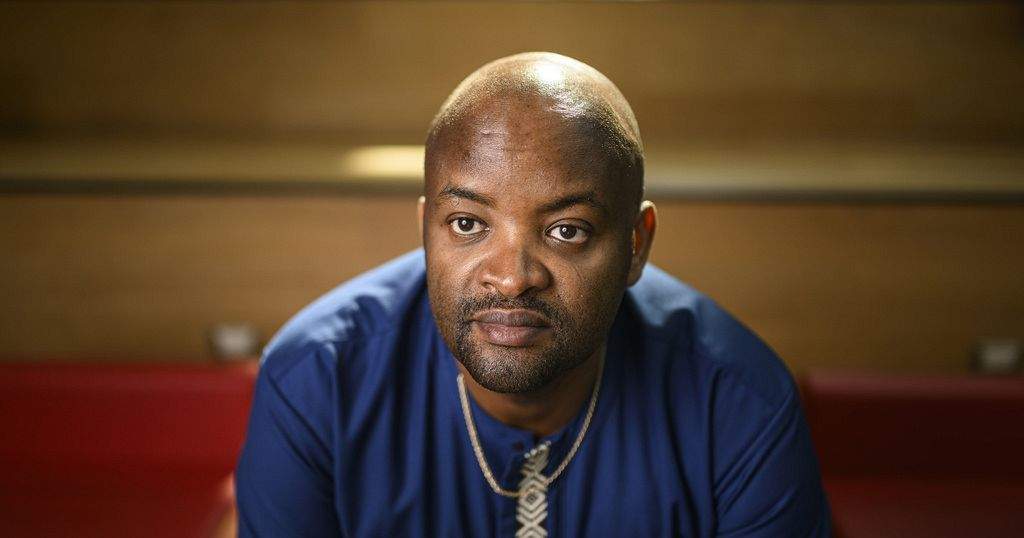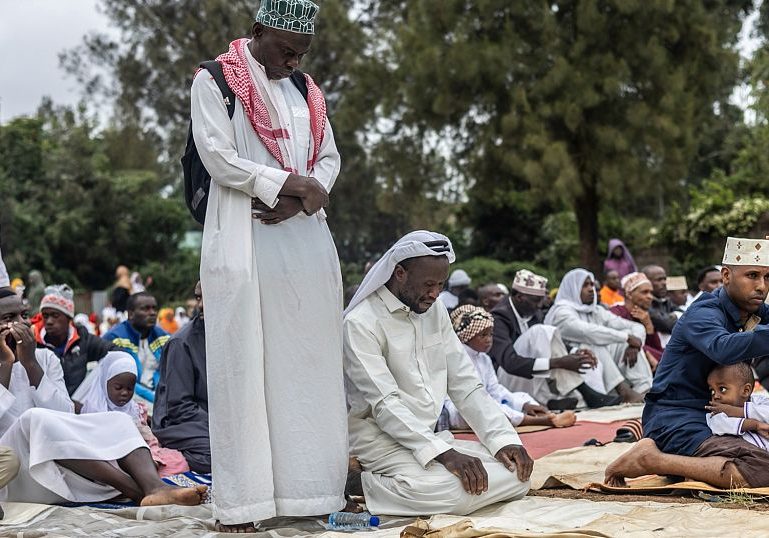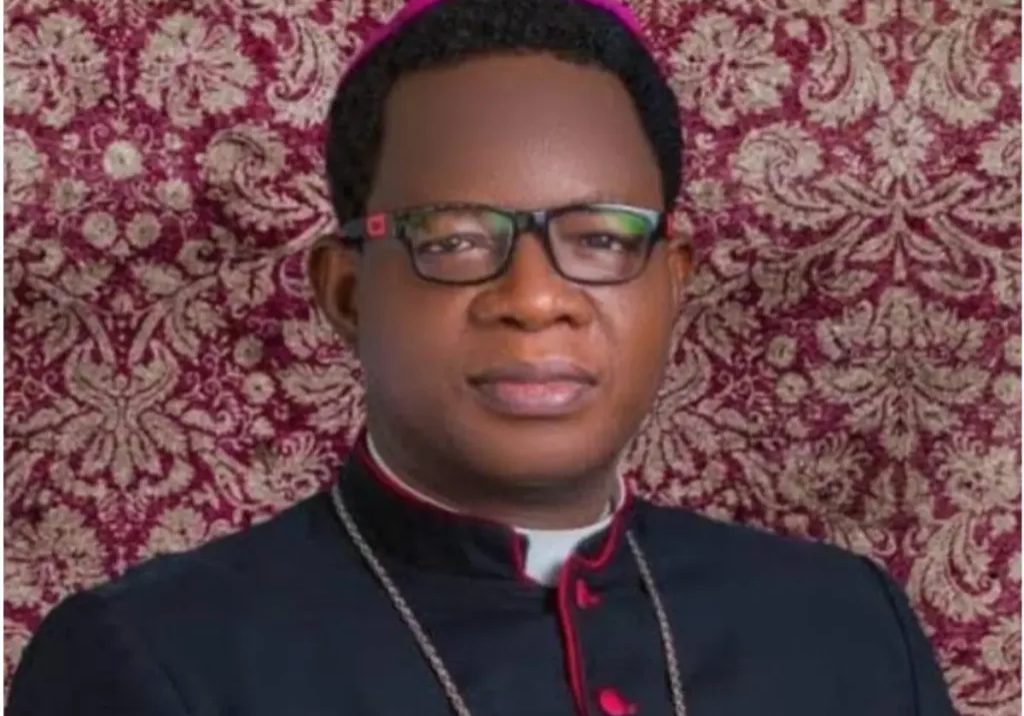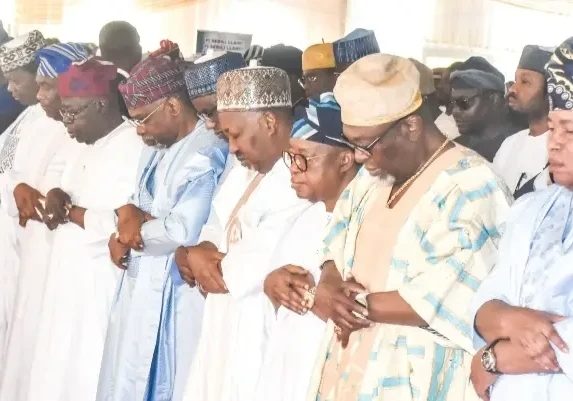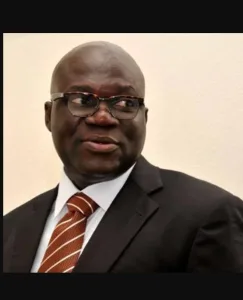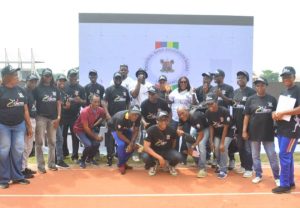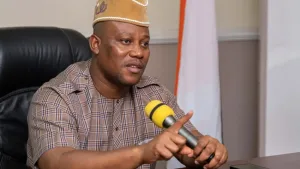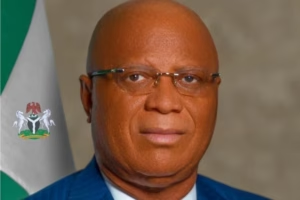Thirty Years After the Genocide, Rwandan Survivors Continue to Heal and Remember
It’s been three decades since the genocide against Rwanda’s Tutsi minority left an estimated 800,000 people dead. For those who survived, the wounds of that traumatic period are still felt deeply. Pascal Kanyemera, now 46, made a deal with God at the age of 16, promising to give 100 Rwandan francs if he survived one more week. He prayed again and again until the killings stopped in July 1994.
Kanyemera, who now lives in Ottawa, Canada, attributes his survival to God. He was hiding in a local school when his family was massacred, and later learned of their deaths in a French-controlled refugee camp. The genocide was triggered by the shooting down of President Juvénal Habyarimana’s plane, leading to a wave of Hutu extremist violence against Tutsis.
Other survivors, like Frida Umuhoza, share similar stories of trauma and loss. In her book, “Chosen to Die: Destined to Live,” Umuhoza recounts the beheading of her mother and the brutality she witnessed during the genocide.
The legacy of the genocide continues to haunt Rwanda and its people. Survivors like Tarcisse Ruhamyandekwe, who lost a brother, uncles, and aunts, say that remembering the past is crucial for reconciliation. Ruhamyandekwe fled Rwanda to seek safety, eventually settling in Ottawa, where he now writes about his experiences.
The genocide was marked by extreme brutality, with Hutu extremists killing Tutsis and other perceived enemies. Women were subjected to brutal rape, and an estimated 100,000 to 250,000 women required corrective surgery or treatment for HIV/AIDS.
For many survivors, writing has been a way to process their emotions and share their stories. Ruhamyandekwe’s book, “The Invisible Hand of God,” is a testament to the power of faith and the importance of remembering the past.
As Rwanda moves forward, the government and international community are working to support genocide survivors and promote reconciliation. However, the road to healing is long and difficult, and many survivors continue to carry the scars of the genocide with them.
In the words of Ruhamyandekwe, “We cannot forget our loved ones. If reconciliation is to take place, as it is now, we must remember and teach the next generation what happened.”

